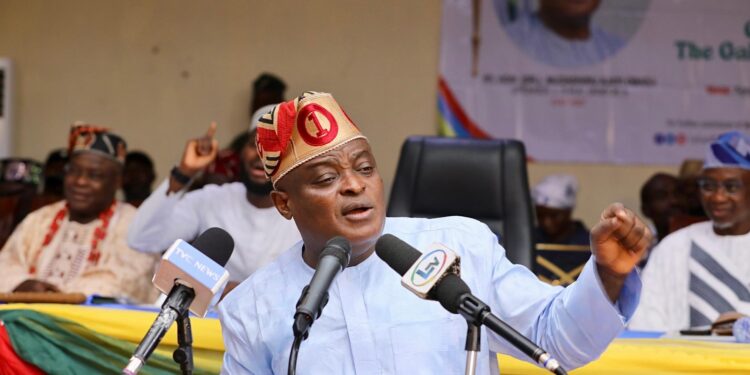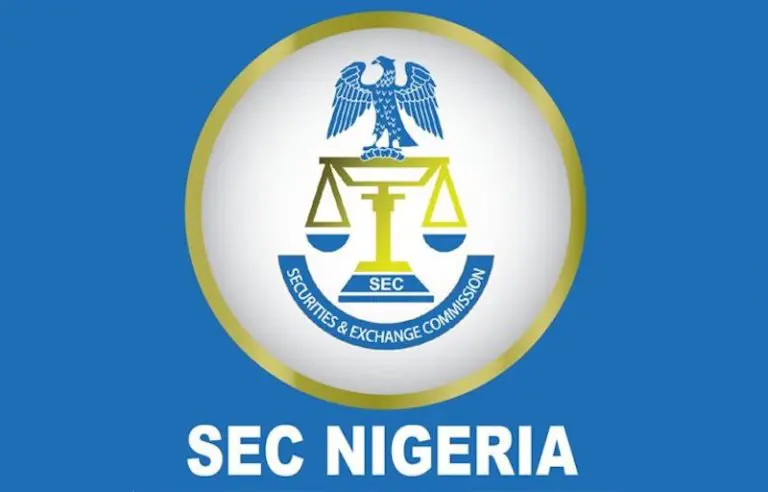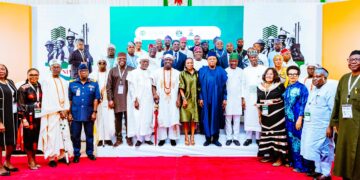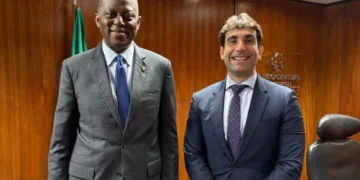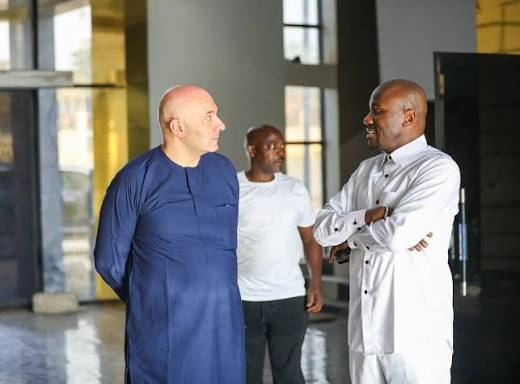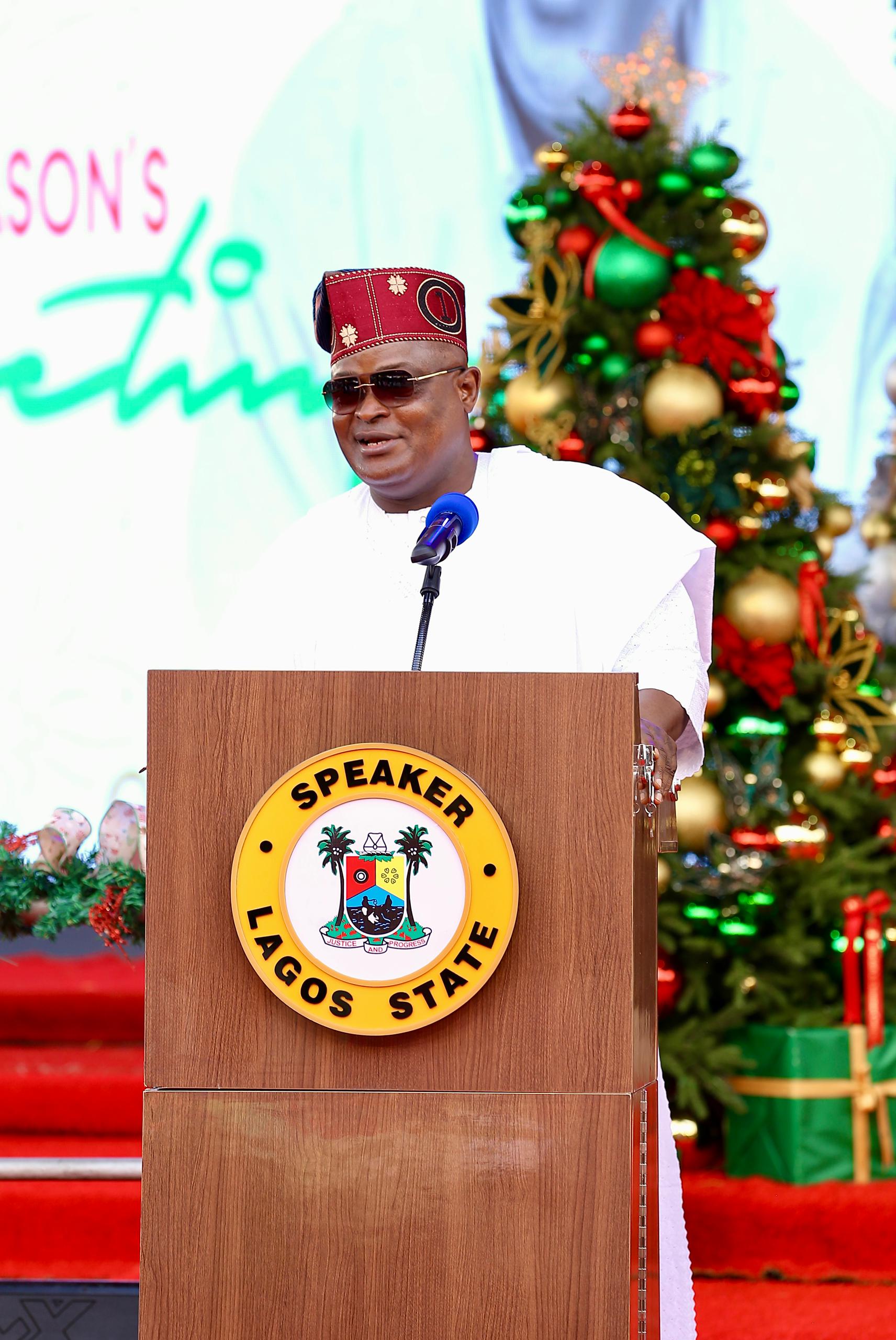World Bank reports Nigeria’s macroeconomic reforms are yielding positive results, strengthening the FX market and boosting government revenue to N31.9tn in 2024
[dropcap]N[/dropcap]igeria’s ongoing macroeconomic reforms are beginning to demonstrate positive outcomes, leading to a stronger foreign exchange market and a significant increase in government revenue, estimated at N31.9 trillion in 2024.
Also read: World Bank projects 3.5% economic growth for Nigeria in 2025
This is according to the latest edition of the World Bank’s Nigeria Development Update report, titled “Building Momentum for Inclusive Growth,” released on Monday.
The report highlights a substantial improvement in Nigeria’s consolidated fiscal position in 2024, with the fiscal deficit shrinking from 5.4 per cent of GDP in 2023 to 3.0 per cent of GDP in 2024.
This progress is largely attributed to a notable surge in government revenues, which jumped from N16.8 trillion in 2023 (7.2 per cent of GDP) to N31.9 trillion in 2024 (11.5 per cent of GDP).
The World Bank credited these gains to the government’s ongoing macroeconomic and structural reforms, particularly within the foreign exchange and fiscal policy domains.
The report noted that these improvements have played a crucial role in stabilising the Nigerian economy, restoring investor confidence, and establishing a foundation for broader development investments.
“Nigeria has made impressive strides to restore macroeconomic stability,” stated Taimur Samad, the acting World Bank Country Director for Nigeria.
“Nigeria has made impressive strides to restore macroeconomic stability.” – Taimur Samad, acting World Bank Country Director for Nigeria
“With the improvement in the fiscal situation, Nigeria now has a historic opportunity to improve the quantity and quality of development spending, investing more in human capital, social protection, and infrastructure.”
Furthermore, the World Bank observed that reforms in the foreign exchange market have strengthened Nigeria’s external position, facilitating better resource allocation and narrowing the disparity between official and parallel market exchange rates.
These adjustments have enhanced the credibility and transparency of the FX market.
Despite the positive trajectory, the World Bank cautioned that inflation remains persistently high. However, the report projects a decline in the annual average inflation rate to 22.1 per cent in 2025, driven by the Central Bank of Nigeria’s sustained tight monetary policy stance and increasing monetary policy credibility.
In his analysis, the World Bank’s Lead Economist for Nigeria, Alex Sienaert, emphasized that continued reform is essential for achieving inclusive and sustainable economic growth.
“International experience suggests that the public sector cannot sustainably generate growth and jobs by itself. Nigeria is no exception, particularly since public resources remain constrained,” Sienaert said.
The report advocates for Nigeria to consolidate its macroeconomic stability by addressing significant infrastructure deficits, improving the overall business environment, fostering healthy market competition, and expanding access to finance.
These critical steps, the report argues, are necessary to realise the federal government’s ambitious goal of transforming Nigeria into a $1 trillion economy by the year 2030.
While the services sector, particularly finance and information and communication technology (ICT), continues to be a key driver of economic growth, the World Bank report also warns that these sectors do not generate jobs at a sufficient scale, leaving a significant portion of Nigerians excluded due to limited skills and opportunities.
The World Bank recommends a growth strategy that empowers the private sector to lead job creation, while the public sector focuses on providing essential services and infrastructure development.
The Nigeria Development Update underscores that redirecting public resources away from past unsustainable spending patterns towards development-oriented priorities has the potential to significantly reduce poverty levels and promote shared prosperity across the nation.
Also read: Presidency clarifies N573 billion disbursement as World Bank loan, not a Grant
“Now, the challenge is to consolidate macroeconomic stability and ignite inclusive growth through deeper, wider structural reforms,” the report concluded.

Freelanews is a potpourri of news, entertainment, business, events and photos. This is no fake news.





